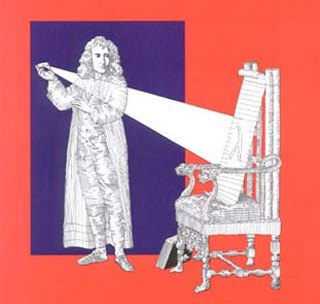Course Description
We will study the fundamental principles of classical mechanics, with a modern emphasis on the qualitative structure of phase space. We will use computational ideas to formulate the principles of mechanics precisely. Expression in a computational framework encourages clear thinking and active exploration.
We will …
We will study the fundamental principles of classical mechanics, with a modern emphasis on the qualitative structure of phase space. We will use computational ideas to formulate the principles of mechanics precisely. Expression in a computational framework encourages clear thinking and active exploration.
We will consider the following topics: the Lagrangian formulation; action, variational principles, and equations of motion; Hamilton’s principle; conserved quantities; rigid bodies and tops; Hamiltonian formulation and canonical equations; surfaces of section; chaos; canonical transformations and generating functions; Liouville’s theorem and Poincaré integral invariants; Poincaré-Birkhoff and KAM theorems; invariant curves and cantori; nonlinear resonances; resonance overlap and transition to chaos; properties of chaotic motion.
Ideas will be illustrated and supported with physical examples. We will make extensive use of computing to capture methods, for simulation, and for symbolic analysis.











